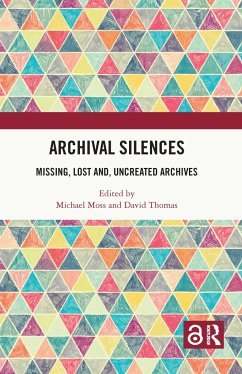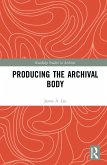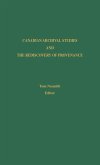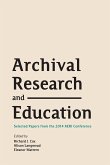Archival Silences demonstrates emphatically that archival absences exist all over the globe. The book questions whether benign 'silence' is an appropriate label for the variety of destructions, concealment and absences that can be identified within archival collections. Including contributions from archivists and scholars working around the world, this truly international collection examines archives in Australia, Brazil, Denmark, England, India, Iceland, Jamaica, Malawi, The Philippines, Scotland, Turkey and the United States. Making a clear link between autocratic regimes and the failure to record often horrendous crimes against humanity, the volume demonstrates that the failure of governments to create records, or to allow access to records, appears to be universal. Arguing that this helps to establish a hegemonic narrative that excludes the 'other', this book showcases the actions historians and archivists have taken to ensure that gaps in archives are filled. Yet the book also claims that silences in archives are inevitable and argues not only that recordkeeping should be mandated by international courts and bodies, but that we need to develop other ways of reading archives broadly conceived to compensate for absences. Archival Silences addresses fundamental issues of access to the written record around the world. It is directed at those with a concern for social justice, particularly scholars and students of archival studies, history, sociology, international relations, international law, business administration and information science.
Hinweis: Dieser Artikel kann nur an eine deutsche Lieferadresse ausgeliefert werden.
Hinweis: Dieser Artikel kann nur an eine deutsche Lieferadresse ausgeliefert werden.








